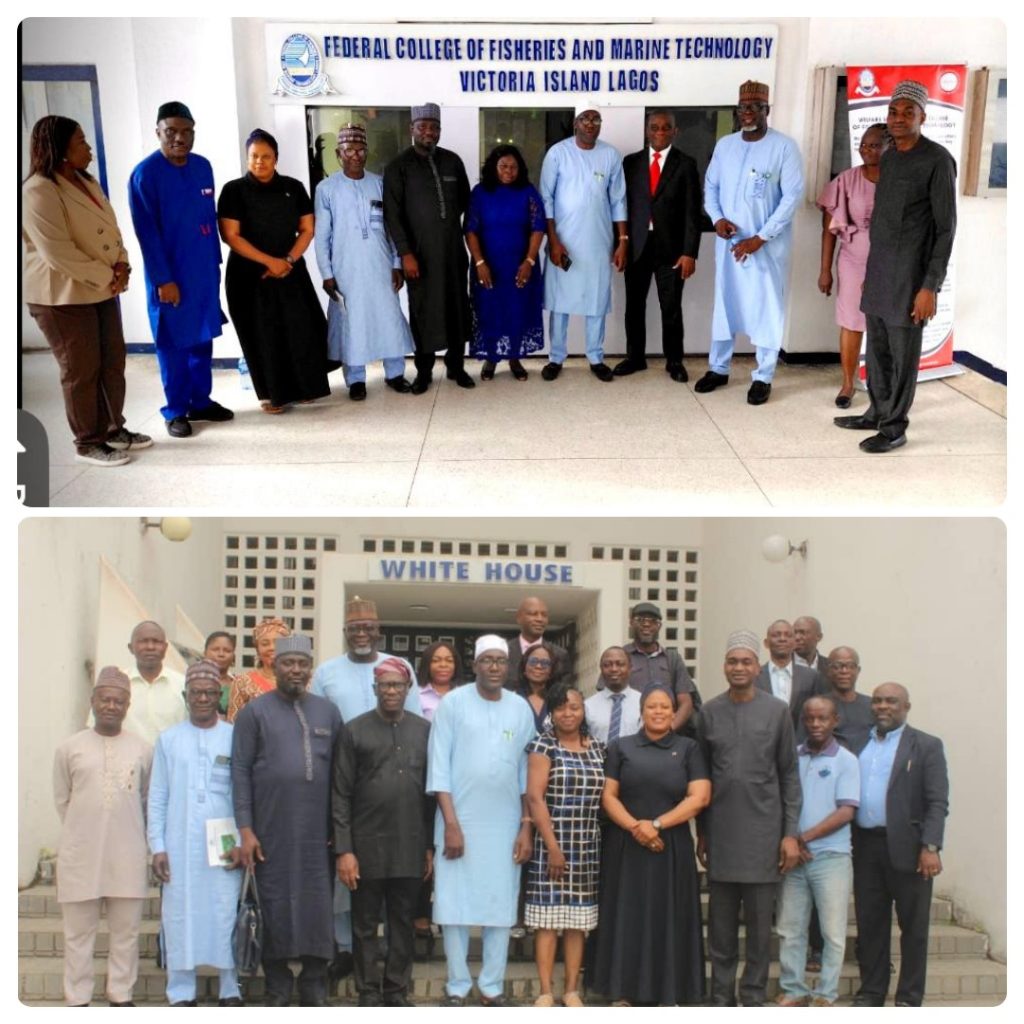ARCN Boss Commences Oversight Visit, Assures of Tinubu’s Backing
By Alabidun Shuaib AbdulRahman
The Executive Secretary of the Agricultural Research Council of Nigeria, ARCN, Dr. Abubakar Adamu Dabban, on Monday began oversight visits to research institutes and colleges under the council, with an assurance that President Bola Tinubu remains committed to supporting agricultural research and education.
Dabban, who spoke during a visit to the National Institute for Oceanography and Marine Research in Lagos, hailed the institute’s work ethic and achievements, urging staff to remain dedicated.
“This is a new dawn, and we will change the narrative. We want to see associate professors in the research circle. With your support, we will achieve this reform,” he said.
READ ALSO: APPLY: UNILORIN Begins Massive Recruitment for Academic, Non-Teaching Jobs
The ARCN boss disclosed that talks were ongoing with the Head of Service and funding bodies, including TETFund and the Nigerian Agricultural Development Fund, to resolve welfare and service-related challenges facing researchers.
On his part, the Executive Director of NIOMR, Prof. Abiodun Sule, said the institute had strengthened food security and poverty reduction through its mandate on marine resources exploitation and conservation.
He noted that NIOMR, established in 1975, was also driving post-harvest training, genetic improvement of marine species, and safety for fishermen.
In a separate briefing, Dr. Ademola Yakub, Director of Biological Oceanography, revealed that NIOMR has 627 staff, with women making up more than half of its researchers.
He added that the institute operates outstations in Badore, Lagos, where fish feed is produced, alongside annexes housing key laboratories.
Dabban also visited the Federal College of Fisheries and Marine Technology, Lagos, where he assured lecturers and students that TETFund-related challenges would be resolved soon, adding that a memorandum of understanding with the funding agency was already in the works.
The Provost, Dr. Paul Chuks Onuoha, highlighted the college’s recent achievements, including the accreditation of Marine Engineering and eight other programmes, alongside student population growth from 500 to 2,000.
He noted that the college had constructed 800-bed hostels, a new School of Engineering, and modern laboratories, while running on a 24-hour solar power system.
Onuoha pledged the college’s full support for ARCN’s reform drive.

